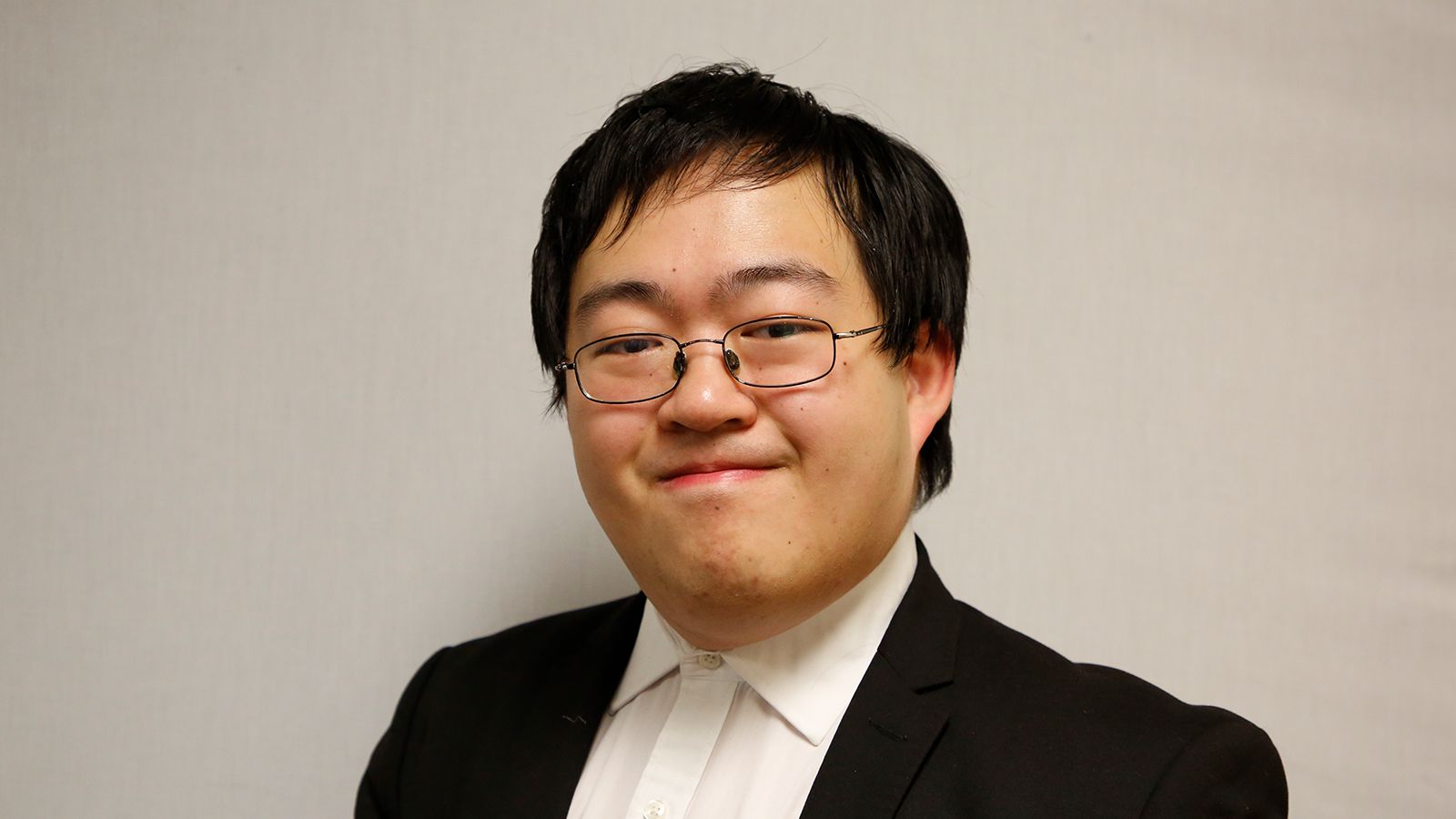“There’s a need for the human race to rethink the way we’ve produced food and clothing and used transportation,” says Kevin Tang. “Scientists can contribute by showing people alternative materials, processes, and technologies”—which is a part of what drives his academic work.
Tang was born and raised in Manhattan. His father, a mail carrier, had come to New York from Vietnam, and the family lived on the border of Chinatown and the Lower East Side. Always an outstanding student, Tang went to Stuyvesant, one of the city’s most competitive high schools, and wanted to attend college locally as well. He chose Hunter’s Macaulay Honors College, he says, because “it offered the scholarship funding and personalized advising I didn’t see at the city’s big private universities.”
Despite attending Stuyvesant, known for its advanced STEM curriculum, Tang says he had little exposure to, or interest in, the scientific professions before he came to Hunter. He did know he was interested in fighting social inequity and making the world a better place, and at Hunter he learned to see science as a means toward those ends. He also began to value science for its clear-eyed way of looking at the world.
Tang says he owes his academic focus and professional calling to Hunter’s Spiro Alexandratos, an environmental and polymer chemist. Particularly important, Tang says, was the insight he gained in Professor Alexandratos’s class on the philosophical and scientific views of knowledge, reality, and certainty. He says he was also deeply influenced by Professor Owen Gutfreund’s urban studies class on the struggle for social justice in cities across the U.S. and around the world.


